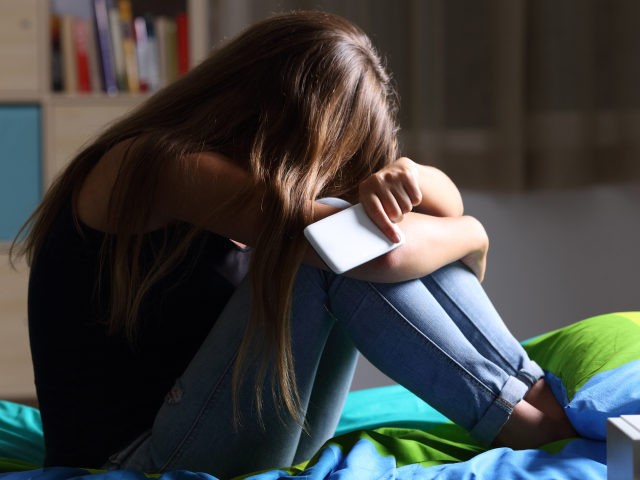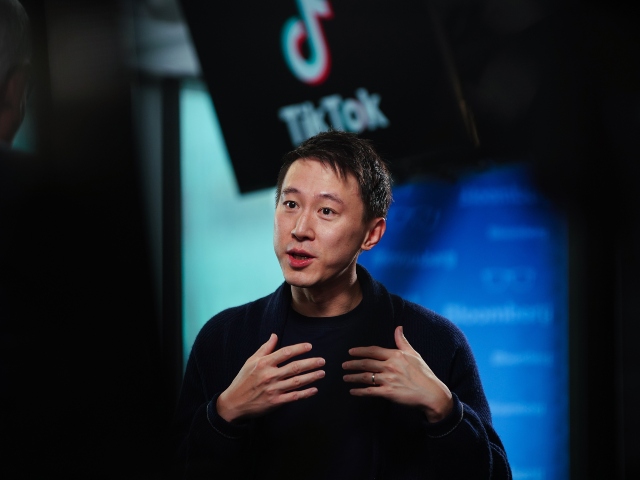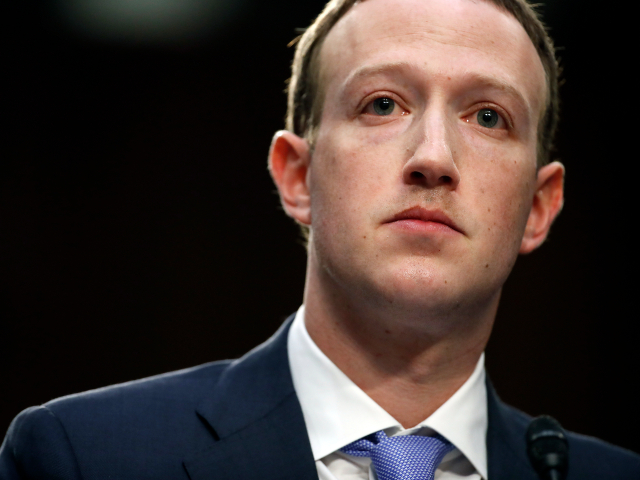Seattle Public Schools is suing China-owned TikTok, Facebook (now known as Meta), Google’s YouTube, and Snapchat, accusing the social media giants of creating a “mental health crisis among America’s Youth.”
The lawsuit claims that tech giants are exploiting the addictive nature of social media, leading to higher anxiety, depression, and thoughts of self-harm amongst young people, according to a report by Engadget.
“Defendants’ growth is a product of choices they made to design and operate their platforms in ways that exploit the psychology and neurophysiology of their users into spending more and more time on their platforms,” reads the lawsuit, filed in a U.S. district court.
“[They] have successfully exploited the vulnerable brains of youth, hooking tens of millions of students across the country into positive feedback loops of excessive use and abuse of Defendants’ social media platforms,” the complaint adds.
Behavior such as self-harm and extreme dieting have resulted from social media usage, the complaint alleges, adding that this has led to a 30 percent increase in students between 2009 and 2019 who say they feel “so sad or hopeless,” to the point where they “stopped doing some usual activities” for “two weeks or more in a row.”
“Defendants’ misconduct has been a substantial factor in causing a youth mental health crisis, which has been marked by higher and higher proportions of youth struggling with anxiety, depression, thoughts of self-harm, and suicidal ideation,” the suit reads.
The complaint goes on to say that “the rates at which children have struggled with mental health issues have climbed steadily since 2010 and by 2018 made suicide the second leading cause of death for youths.”
As a result, these students have been “less likely to attend school, more likely to engage in substance use, and to act out, all of which directly affects Seattle Public Schools’ ability to fulfill its educational mission,” the lawsuit states.
The complaint adds that while Section 230 of the U.S. Communications Decency Act protects social media platforms from being responsible for content posted by third parties, the clause does not protect these companies for recommending, distributing, and promoting content “in a way that causes harm.”
Google, which owns YouTube, responded to the lawsuit, telling Axios, “We have invested heavily in creating safe experiences for children across our platforms and have introduced strong protections and dedicated features to prioritize their wellbeing. For example, through Family Link, we provide parents with the ability to set reminders, limit screen time and block specific types of content on supervised devices.”
A Facebook spokesperson offered a similar response, stating, “We’ve developed more than 30 tools to support teens and families, including supervision tools that let parents limit the amount of time their teens spend on Instagram, and age verification technology that helps teens have age-appropriate experiences.”
The social media giants being sued by the Seattle schools are known for being toxic to young people.
Lawmakers have also urged Facebook CEO Mark Zuckerberg to drop his plans for an “Instagram for Kids” app after internal research by Instagram was released, showing that the platform has had a terrible effect on the mental health of its teenage users, especially girls.
TikTok, an app owned by a hostile foreign country, is also a huge offender. The China-owned app is known for being a danger to youth. Not only does TikTok’s algorithm make it easier for teenagers to go viral and gain internet fame when they post sexualized videos, the app has also gotten kids to participate in trends that are dangerous and even life-threatening.
You can follow Alana Mastrangelo on Facebook and Twitter at @ARmastrangelo, and on Instagram.



COMMENTS
Please let us know if you're having issues with commenting.